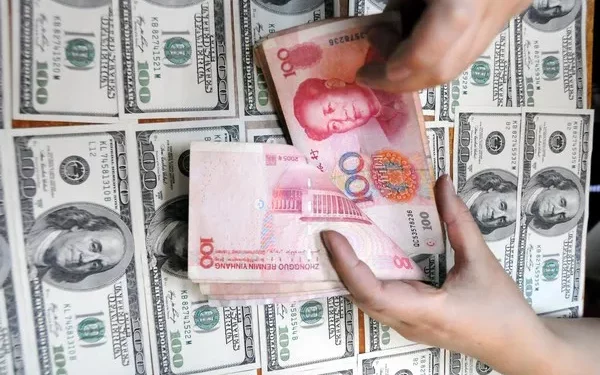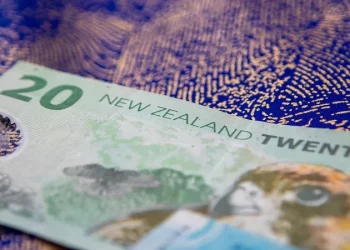Restrictive measures taken by a government to balance the balance of payments and maintain the country.
Also called management in China.
An international trade policy in which the government limits and restricts imports through laws and regulations.
Exchange control can be divided into narrow sense and broad sense.
The narrow sense of foreign exchange control refers to the government’s restrictions on foreign exchange transactions and international settlement under the current account of residents.
In a broad sense, exchange control refers to the restrictive government management of the activities of residents and non-residents involving the inflow and outflow of foreign exchange.
Foreign exchange control is divided into quantity control and cost control.
The former means that the State Administration of Foreign Exchange directly limits and distributes foreign exchange transactions to achieve the purpose of restricting export by controlling the total amount of foreign exchange.
The latter means that the State Administration of Foreign Exchange implements multiple systems for foreign exchange transactions and uses differences in foreign exchange transaction costs to adjust the structure of imported goods.



























